Cannon-Brookes, VC firms including CSIRO-backed venture firm Main Sequence plough $105m into climate start-up
The Atlassian boss has joined US tech billionaires and the CSIRO-backed venture firm Main Sequence in investing in a fast-growing company in country NSW.
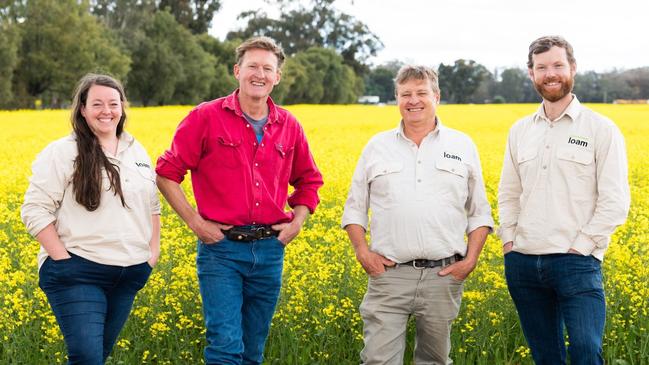
Tech billionaire Mike Cannon-Brookes has joined venture capital outfits including the CSIRO-backed Main Sequence, Lowercarbon Capital and Wollemi Capital in ploughing $105m into one of the nation’s fastest-growing start-ups, Loam, which is launching its carbon removal technology in the Australian market.
After years of research and product development, Loam is this week debuting its microbial technology, which chief executive Guy Hudson says will enable farmers to capture carbon from the atmosphere and store it stably in soil, allowing them to both generate revenue and tackle climate change.
The start-up has received backing from Mr Cannon-Brookes’ family office Grok Ventures, in a blockbuster Series B round co-led by Lowercarbon Capital and Wollemi Capital with participation from Horizons Ventures, Acre Venture partners, Main Sequence, the Clean Energy Finance and others, bringing Loam’s total funding to $150m.
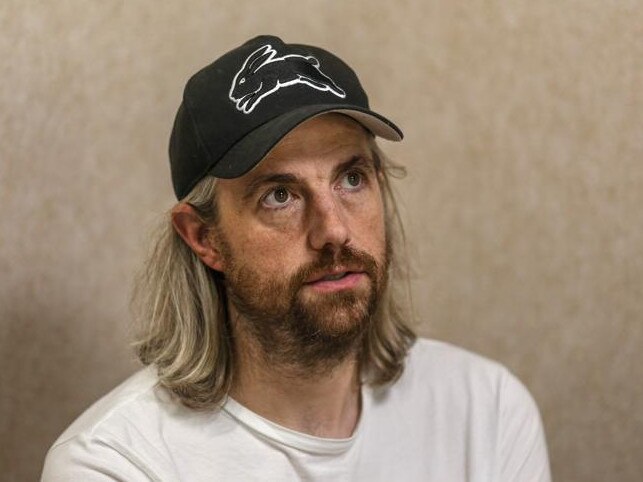
The start-up’s previous backers include TIME Ventures, a venture capital firm led by billionaire Salesforce CEO Marc Benioff, and Canadian billionaire Tobias Lütke, the founder of e-commerce company Shopify.
The company, which was founded in Orange NSW in 2019, did not disclose its valuation, but the raising is one of the largest for an Australian start-up in 2023 to date. It now has dozens of staff working across four laboratories in Australia and the US.
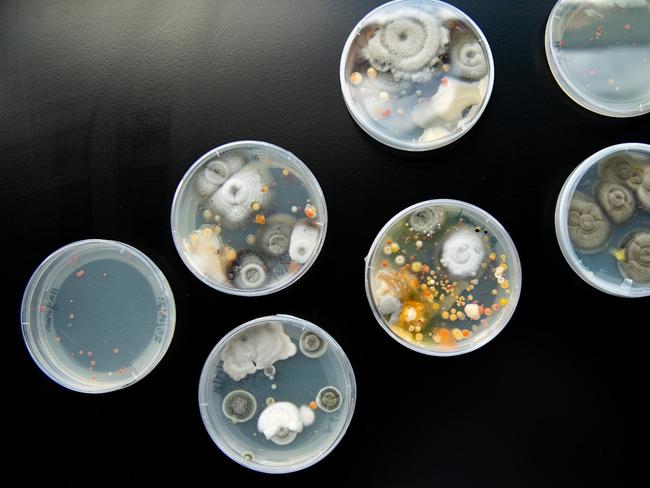
“The role of beneficial fungi in agriculture has been hugely underexplored. We’re only just starting to understand how important these organisms are in the ecosystem,” Mr Hudson said.
“By applying Loam seed treatment, farmers can accelerate a path towards healthier, more productive soils by building soil carbon more quickly, which benefits resiliency and productivity. It also provides the opportunity for farmers to diversify revenues into natural capital markets and carbon markets.
“Microbial science has an enormous role to play in addressing climate change.”
Loam is moving towards commercialisation in the US, Mr Hudson said, which is set to come in 2024 followed by an expansion into Brazil.
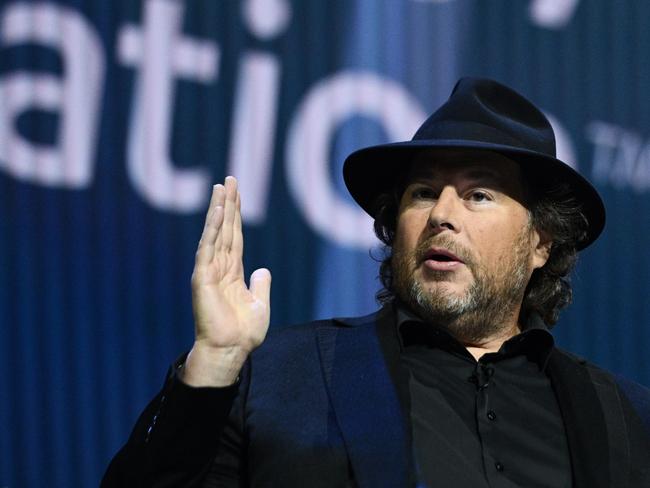
The start-up’s co-founder Tegan Nock said used at scale, Loam’s technology can help push forward carbon farming as an enterprise in the Australian market.
“With Loam’s technology we’re able to open a door for farmers in the cropping sector – that wasn’t necessarily open before – to genuinely participate in carton farming, which is really powerful,” she said.
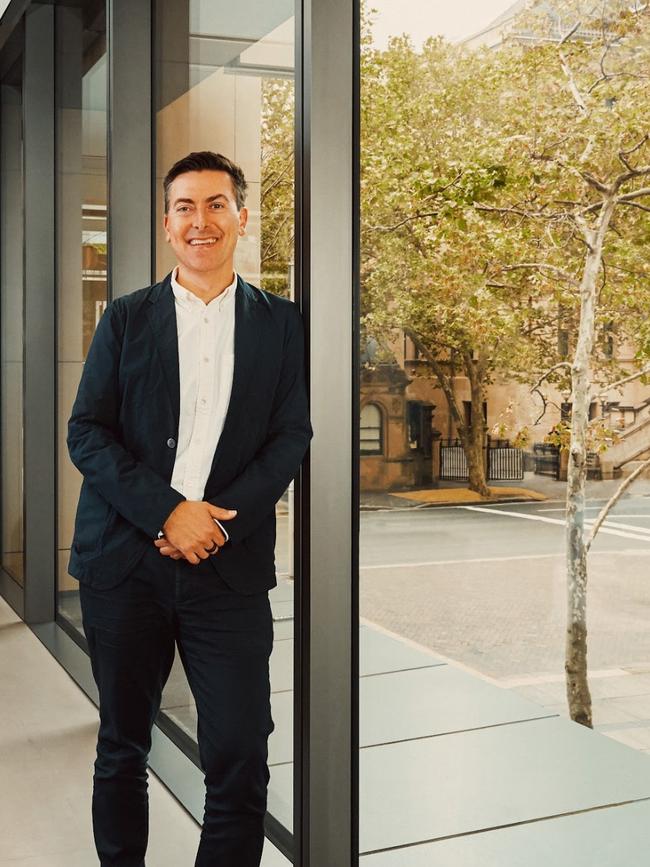
“Loam opens up new pathways for farmers to diversify while also achieving genuine impact for climate at scale, which is really exciting.
“We are not trying to re-engineer the food system. We’re working with growers to enable participation in carbon projects, that’s been quite difficult to step into until now.”
According to Mr Hudson, it has long been thought that there was little to no chance of building soil carbon in cropping soils, making the prospect of entering a carbon project unprofitable for farmers.
Loam’s CarbonBuilder seed inoculum works at the root system of crops to enhance the plants’ natural ability to store carbon stably in the soil, he said.
“Before Loam, I spent over a decade in the climate space, and was constantly frustrated with the lack of speed and scale of the technologies in addressing climate change,” he said.
“The first time I felt any hope in our ability to address this challenge was five years ago sitting in a ute in dusty and drought-stricken New South Wales, with agronomist [and now Loam co-founder] Guy Webb, who started talking about the role of microbiology in addressing climate change.”



To join the conversation, please log in. Don't have an account? Register
Join the conversation, you are commenting as Logout